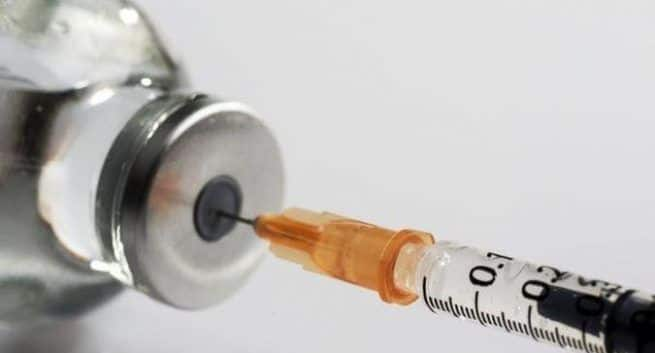
Pfizer would know if its COVID-19 vaccine works by October end
Pfizer and BioNTech are planning to produce up to 100 million doses of the vaccine by the end of 2020 and another 1.2 billion doses by the end of 2021.
by Longjam DineshworiAmerican pharmaceutical company Pfizer Inc is one of the leading frontrunners in the global COVID-19 vaccine race. The BNT162 mRNA-based vaccine developed by Pfizer along with its German partner BioNTech is expected to be ready by the end of 2020. Also Read - Drink lots of warm water and eat chyawanprash in post-COVID recovery period: Health Ministry
Phizer CEO Albert Bourla said Sunday that they should know if its experimental COVID-19 vaccine works by the end of October. If it receives marketing approval, the vaccine could be distributed in the U.S. by the end of this year, he said. Also Read - Indian Pharma company gets DCGI nod for human trial of new COVID-19 drug, Baladol
Pfizer and BioNTech are planning to produce up to 100 million doses of the vaccine by the end of 2020 and another 1.2 billion doses by the end of 2021 at sites in Germany and the United States. Also Read - Peripheral nerve damage is a real danger of ‘proning’ in COVID-19 patients
In an interview with an American news channel, Bourla said there is a “good chance” they would be able to provide key data from late-stage trials to the Food and Drug Administration (FDA) by the end of October. The company has already manufactured hundreds of thousands of doses so that they can release the vaccine immediately it gets approval from the regulators.
Pfizer proposes expanding Phase 3 vaccine trial
On Saturday, Pfizer and BioNTech sought FDA approval to expand their Phase 3 vaccine trials to up to 44,000 participants and include more diverse patient populations. Their initial plan was to include 30,000 participants, which they plan to meet next week, according to a news release.
Bourla noted that having a diverse group of volunteers would allow them to collect more data on the safety and efficacy of the vaccine candidate.
Last month, Pfizer and BioNTech shared additional Phase 1 safety and immunogenicity data from their ongoing U.S. study of the vaccine candidate, which has advanced into Phase 2/3 evaluation.
The companies have signed an agreement with the United Kingdom to supply 30 million doses of their BNT162 mRNA-based vaccine candidate against SARS-CoV-2, subject to clinical success and regulatory approval.
The BNT162 project is based on BioNTech’s proprietary mRNA technology and supported by Pfizer’s global vaccine development and manufacturing capabilities. BioNTech is the market authorization holder worldwide and will hold all trademarks for the potential product.
AstraZeneca resumes its vaccine study
Currently, there are 35 vaccines in human trials around the world, and eight of them are in late-stage, large clinical trials, according to the World Health Organization (WHO). These include Pfizer’s and a candidate by AstraZeneca and the University of Oxford. AstraZeneca resumed its vaccine study on Saturday in the United Kingdom after being halted last week to investigate an unexplained illness in a participant.
In India, Serum Institute is awaiting further direction from India’s drug regulator to resume AstraZeneca vaccine trials. Institute halted India trials on September 10, following a show-cause notice issued by the country’s drug regulator.
Russia, another leading country in the vaccine race, aims to administer its COVID-19 vaccine “Sputnik-V” to more than one billion people in 2020-21, according to Kirill Dmitriev, CEO, Russian Direct Investment Fund (RDIF).
Dmitriev said that Sputnik-V vaccine is based on a well-studied platform that uses human adenoviral vectors, something that has been proven to be safe and effective, the Interfax news agency reported.